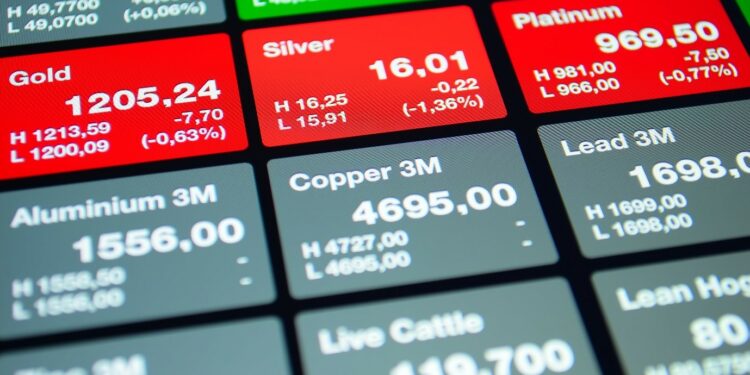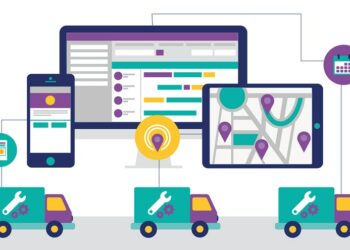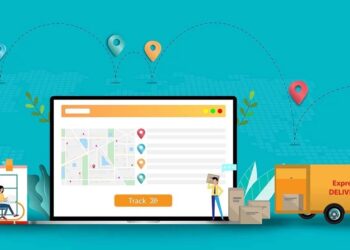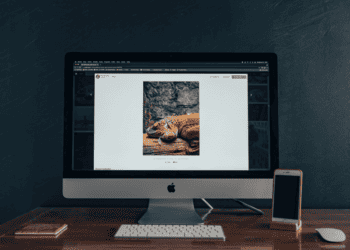Today, the financial market has the potential for lots of investment opportunities. You could invest in some futuristic technology stocks, the world’s most actively traded currency pairs or even open a position in one of the world’s oldest financial markets — commodities.
A commodity is a naturally occurring good that is either extracted from the ground or is harvested. Since commodities are raw materials, they are used to produce essential products such as food, clothing and energy. Therefore, they are a vital asset to economies worldwide.
Oil trading is one of the popular routes that investors take in the commodities market, since supply and demand can change quickly, causing profitable opportunities to arise. As the market is highly volatile, traders can take advantage of short-term price fluctuations and maximise their potential to profit by trading on an online trading platform like Plus500, for example.
Of course, with volatility comes the risk of losses. So, if you’re just getting started on your trading journey and are considering investing in commodities, here’s a guide to help you get started.
The different types of commodities
There are two different types of commodities. The first is soft commodities. These are agriculturally produced and included items such as:
- Wheat
- Coffee
- Sugar
- Fish
- Meat
- Corn
- Cotton
Hard commodities, on the other hand, are raw materials that can be found in the ground. These materials need to be mined or extracted and include:
- Gold
- Oil
- Iron ore
- Silver
- Platinum
As a commodities trader, you’ll need to fully understand the asset that you’re trading in and the factors that can affect its supply and demand. For example, if you’re trading in an agricultural product like wheat, you’ll want to take weather patterns into consideration, since this can affect its production.
Of course, you should also consider the macroeconomic and geopolitical factors that could affect each asset. It’s important that you do your research and employ an economic calendar, to keep track of key events.
How to trade commodities
The commodities market is versatile and there are several ways that you can open a position in the market. The most common choice among traders is to use futures contracts on an exchange. A futures contract is fairly straight forward, and requires you to buy and sell a commodity on a specified future date at a fixed price. This ensures that the budget and supply of the specific commodity aligns with the plan of the company that you are purchasing from, or the company planning on using the raw materials.
If you’re wanting to invest in a commodity without owning the underlying asset, then you may decide to trade using a financial derivative. The most common of these is contracts for difference (CFD). A CFD is an agreement made between you, the investor, and a broker. The contract states that you will exchange the difference between the opening and close price of that asset, once the period of the deal has come to an end.
Trading commodities using CFDs is particularly attractive because of the volatile nature of the market and its reliance upon supply and demand. By employing a CFD, you could take a position on both a rising and falling market, increasing the chances of making returns on your investment.
—
There can be plenty of opportunities for traders to profit, because of the direct connection between the commodities market and supply and demand. Of course, the success of your investment in the financial market is based upon your ability to research, use fundamental analysis and make informed decisions based upon your findings.
By using an online trading platform, you can speculate on price movements in the commodities market and use risk management tools to reduce the risk of making losses. What’s more, you could open a demo account and practice trading now without having to risk your own capital.





